There are four main components to an auto fuel system. The first is the fuel tank, or gas tank. The gas tank contains a sending unit, which monitors how much gas is in the tank. When the sending unit recognizes that the gas is getting low, it will trigger the gas light to come on.
The fuel pump is the next key part of the fuel system. In cars that are newer, that fuel pump will often be found within the tank, whereas with older cars, the fuel pump is generally installed outside of the tank. It may be attached to the engine or to the frame rail that runs to the engine.
All fuel pumps are not alike. There are two types of fuel pumps. One is an electric fuel pump. Generally, if the fuel pump in your car is located within the tank or attached to the frame rail, it is an electric fuel pump. The car battery, in this case, powers the pump’s ability to move fuel into the engine.
A fuel pump that is attached to the engine itself is actually run by the engine. The movement of the engine causes the gas to run through the pump. So, repairs for this type of fuel pump will be a little different from repairs for an electric fuel pump.
The fuel injector is the next main component of the fuel system. Very small openings in the fuel injector open to allow fuel to pass into the engine. This process is run by a computer. The fuel injector is an important invention, because it helps with fuel economy and reduced emissions. That is why most new vehicles have a fuel injector, rather than an old-fashioned carburetor.
Last, but not least in importance, is the fuel filter. The fuel filter is an integral part of the fuel system. Those small openings in the fuel injector could easily become clogged, if the gasoline did not pass through a filter first.
Filtered gas is vital to protecting an engine’s functioning. Making sure that the fuel filter, along with the rest of the fuel system, is in proper working order means better performance and longer life for the engine. The next time you visit your favorite Utah auto repair center, you may want to have them look your fuel system over, to make sure everything is functioning as it should. A little preventative care can save you a lot of trouble later on.






